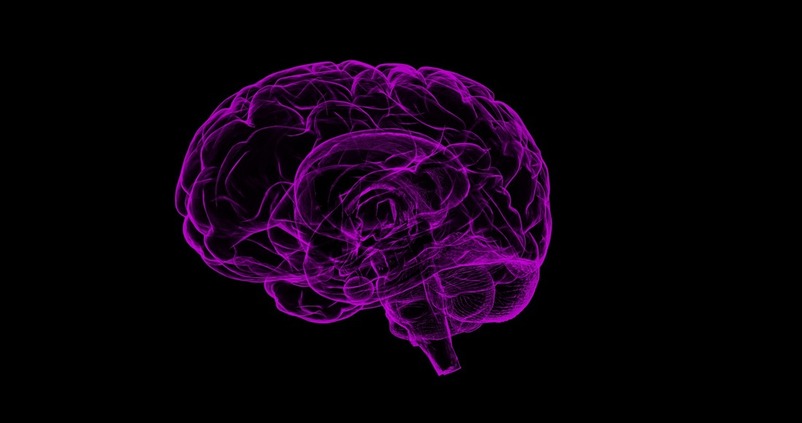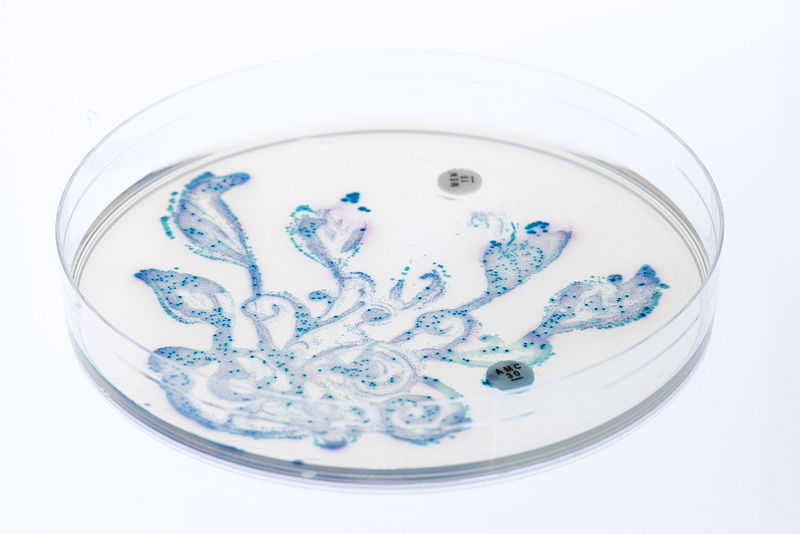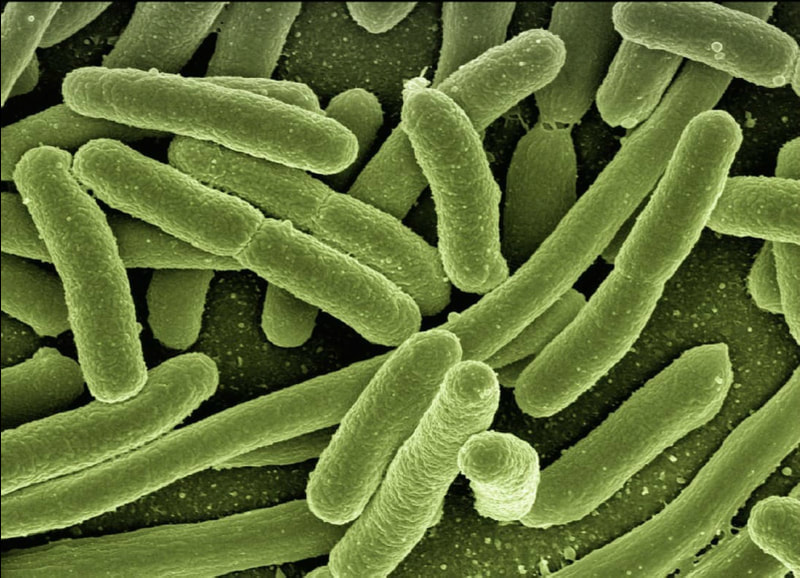Oral Microbes Linked to Alzheimer's Disease
Researchers have recently made significant advances in the ongoing search for effective treatments against Alzheimer's Disease (AD). While the causes of AD are still not fully known, recent findings have reported evidence of microbial involvement in the neurodegeneration associated with the disease. This theory of microbial involvement has gained traction within the last few years as patients of AD have been found to express neuroinflammation consistent with that of an infection. Until now, however, there was little further evidence to support this theory. This new data reveals the presence of an oral microbe known as Porphyromonas gingivalis in the brains of patients suffering from AD, indicating that this infection is an early event that affects middle-aged people rather than one that occurs after the onset of dementia.
Image Source: geralt
This bacteria is involved in the development of an infection of the human oral cavity known as chronic periodontitis (CP), and is able to enter the bloodstream through activities such as flossing or routine dental procedures. Usually, bacteria like P. gingivalis present in small amounts are cleared from the bloodstream by the immune system, however in patients with CP, P. gingivalis microbes that enter the bloodstream may be able to enter and damage the brain by spreading through neurons. Prior to this study, investigators observed AD patients both with and without CP to find that those with CP had a more severe decline in cognitive function. Additionally, P. gingivalis microbes secrete virulence factors called gingipains that are harmful to the tau protein critical for normal brain function. As patients with AD initially experience damage in the hippocampus, the region of the brain involved in memory, potential treatments must focus on preventing further harm to this area.
Researchers are starting to use this new knowledge to create a treatment that would replace the currently unproductive use of broad-spectrum antibiotics. While the researchers were able to use this technique to reduce the bacterial load in the brain under select situations, the issue of antibiotic resistance and other side-effects remained a major concern. To resolve this, researchers decided to use an antivirulence factor inhibition that would target the gingipains to block their toxic activity. This proved to be successful in reducing the effects of the disease and preventing loss of neuronal function in the hippocampus. As of right now, human clinical studies are being conducted using an oral medication containing the inhibitor and initial results indicate that it is able to effectively reduce infection and fight against neurodegeneration in Alzheimer's patients.
Researchers are starting to use this new knowledge to create a treatment that would replace the currently unproductive use of broad-spectrum antibiotics. While the researchers were able to use this technique to reduce the bacterial load in the brain under select situations, the issue of antibiotic resistance and other side-effects remained a major concern. To resolve this, researchers decided to use an antivirulence factor inhibition that would target the gingipains to block their toxic activity. This proved to be successful in reducing the effects of the disease and preventing loss of neuronal function in the hippocampus. As of right now, human clinical studies are being conducted using an oral medication containing the inhibitor and initial results indicate that it is able to effectively reduce infection and fight against neurodegeneration in Alzheimer's patients.
Featured Image Source: sbtlneet
RELATED ARTICLES
|
Vertical Divider
|
Vertical Divider
|
Vertical Divider
|






